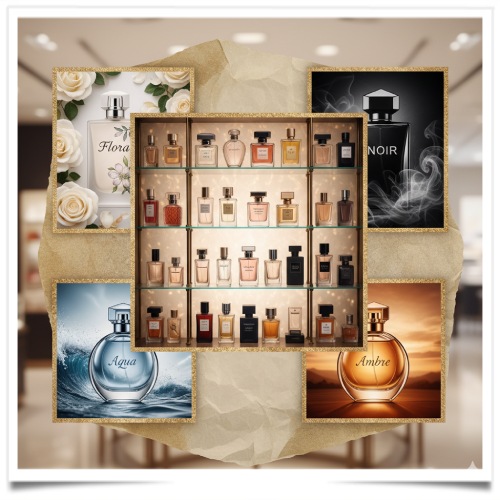 The creation, production, and distribution of perfumes follow an industrial model radically different from that of fashion or leather goods. It requires global logistical infrastructures, laboratories, a massive distribution network, and marketing capabilities suited to the luxury mass market. L’Oréal, the world leader in beauty, has mastered this model to perfection, whereas Kering—historically focused on fashion does not possess such executional strength. Selling or licensing to L’Oréal means relying on a more competent player to accelerate the growth of its brands.
The creation, production, and distribution of perfumes follow an industrial model radically different from that of fashion or leather goods. It requires global logistical infrastructures, laboratories, a massive distribution network, and marketing capabilities suited to the luxury mass market. L’Oréal, the world leader in beauty, has mastered this model to perfection, whereas Kering—historically focused on fashion does not possess such executional strength. Selling or licensing to L’Oréal means relying on a more competent player to accelerate the growth of its brands.
By selling Creed and granting its beauty licenses for €4 billion, Kering immediately recovers substantial liquidity. These funds allow it to reinvest in its fashion houses—particularly Gucci and Balenciaga, which have faced recent challenges—and to finance their creative and commercial repositioning. In other words, rather than waiting for gradual revenues from fragrance, Kering prefers to reallocate capital toward its strategic priorities.
The global perfume market (worth over $62 billion) is highly fragmented. Standing out requires massive marketing investments and continuous innovation in an environment where margins are eroding. For a group like Kering, the effort needed to sustain a long-term presence against L’Oréal, Estée Lauder, or Coty is no longer economically justified. It is therefore more rational to monetize its licenses and let the industry giants battle it out among themselves.
Under the leadership of Luca de Meo, Kering seeks to clarify its strategic identity. The group appears determined to focus on what it does best: fashion, leather goods, and high-end accessories. Stepping away from non-core activities such as beauty or eyewear reflects a logic of simplification and refocusing, aimed at restoring sustainable performance built on creativity and exclusivity rather than diversification.
Ultimately, a well-structured alliance can be more profitable than direct ownership. Selling does not mean surrendering. Thanks to exclusive 50-year licenses, Kering will continue to collect royalties on its beauty brands while entrusting operational costs and risks to L’Oréal. This is a hybrid approach combining recurring profitability with industrial disengagement. In short, Kering retains both the symbolic and financial value of its brands while allowing an expert partner to maximize their potential.
FM
